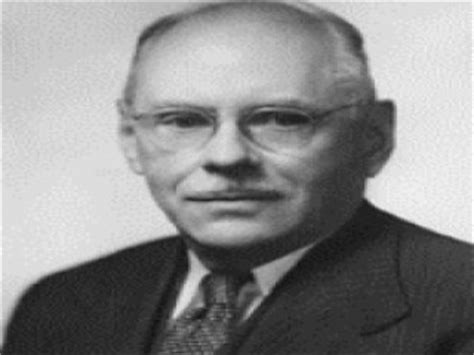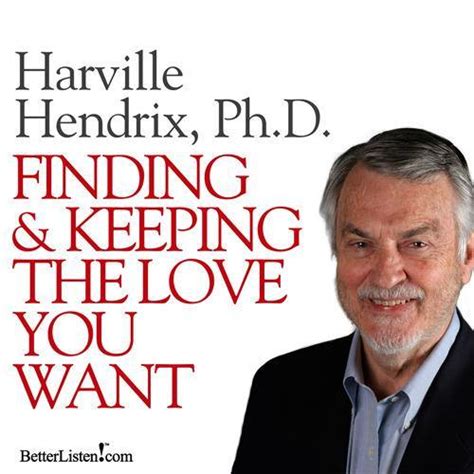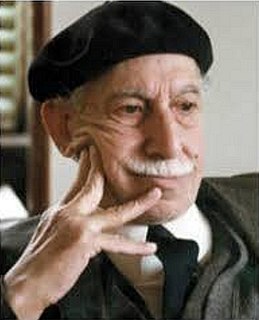A Quote by Frank Knight
All science is static in the sense that it describes the unchanging aspects of things.
Related Quotes
From the internal reality, by which I means the totality of psychological experiences, it [science] actually separates us. Art, for example, deals with many more aspects of this internal reality than does science, which confines itself deliberately and by convention to the study of one very limited class of experiences the experiences of sense.
In magic I believe I can control certain elements of my environment, I believe I can control certain aspects of my endocrine system, through imagination, visualization, breathing techniques, which in a sense come into the scientific aspects. So magic is a combination, its a soup, a delightful combination of art, imagination, visualization, fantasy, with a healthy dose of solid basis, because it is a science. The thing is we've lost the keys.
In the past, traditional art was based on making manifest what is enduring in man, like love, jealousy, hatred, envy, and greed... . Today art has to look again at these unchanging qualities, because society is no longer unchanging. It is up to art today to show us what has become of these unchanging qualities in a world which is moving and changing.
Mathematics has two faces: it is the rigorous science of Euclid, but it is also something else. Mathematics presented in the Euclidean way appears as a systematic, deductive science; but mathematics in the making appears as an experimental, inductive science. Both aspects are as old as the science of mathematics itself.





































